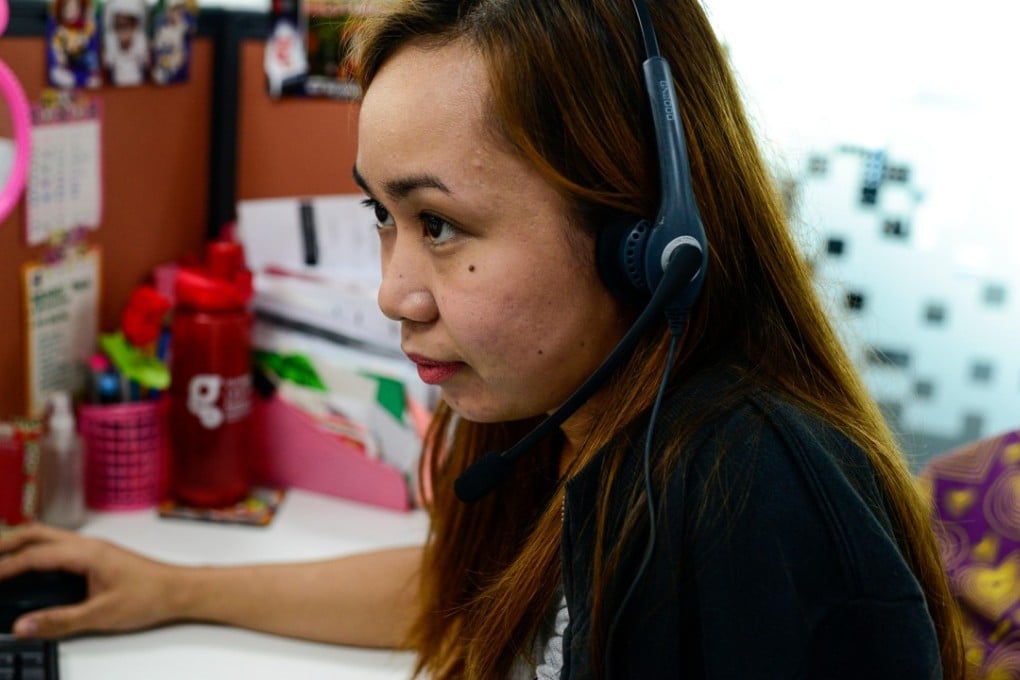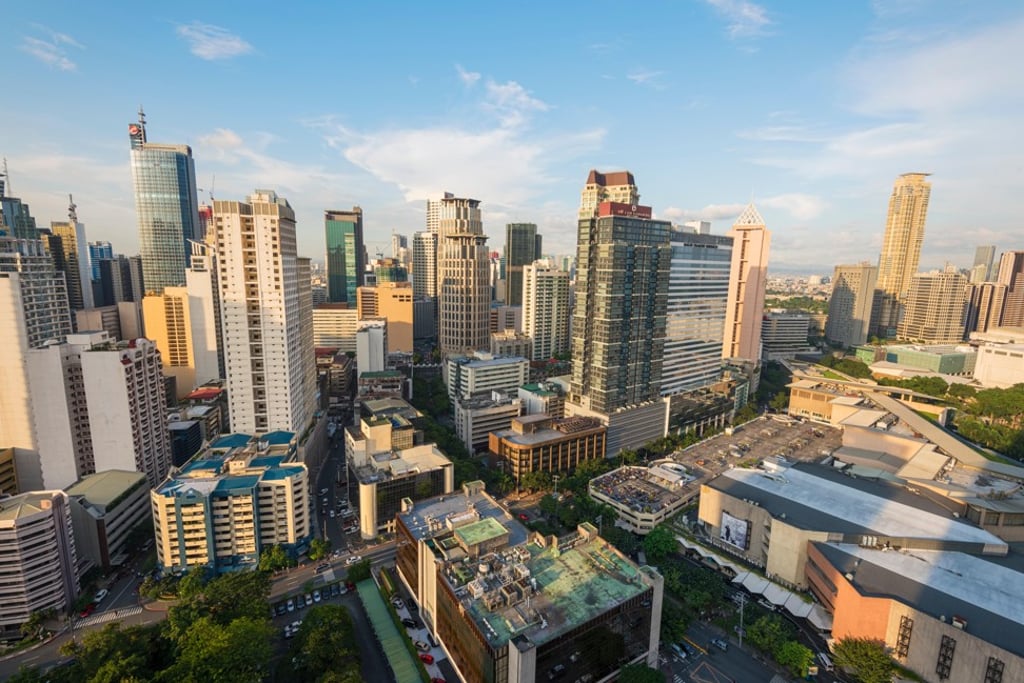How call centres help the Philippines rebrand as a hub for service excellence
As the global economy’s biggest ‘back office’, the Southeast Asian nation is increasingly seeking to depict its workers as educated, empathetic and fluent in English

What changes in a country – and what does not change – when it devotes itself to servicing the businesses of other countries? Not long ago, I found myself looking for answers to that question in the busy district of Makati, in the Philippines’ capital Manila, during a meeting with Melvin Legarda and Joseph Santiago, executives at the Business Process Outsourcing Association of the Philippines.
The organisation’s mission was to entice foreign businesses to outsource back-office work – such as accounts receivable and medical billing and, of course, customer service and technical support call centres – to the country.
Call centres are big business in the Philippines, and while I was a doctoral student at New York University, I spent time there researching the industry between 2008 and 2013. During that period, the former American colony became a top destination for outsourced jobs from industrialised countries, the United States chief among them. In 2011, the Philippines surpassed India to become the world’s capital of call centres.
I am a Filipino-American woman, and I received a warm greeting from Legarda and Santiago (both thirty-something men in suits), along with the familiar roster of questions about my place in the Philippine diaspora: was I born in the US? Are my parents both Filipino? Do I speak Tagalog? As our interview progressed, however, it was clear that Legarda and Santiago regarded it as just another opportunity to market the Philippines as a high-quality source of call-centre labour for companies looking to outsource jobs to a low-cost, offshore location.

In a small conference room filled with motivational posters and ample air conditioning, they enthusiastically explained that it was their organisation’s job to make sure people around the world know that Filipinos are fluent in English, highly educated and literate in media and technology.
I was not surprised by my interviewees’ approach to our meeting, but one part of the marketing spiel that caught my attention was their discussion of Filipino identity. Speaking in lofty, almost romantic tones, they argued that Filipinos possess an innate capacity for empathy, compassion and general “service-orientation”, and thus are ideal for call-centre work.